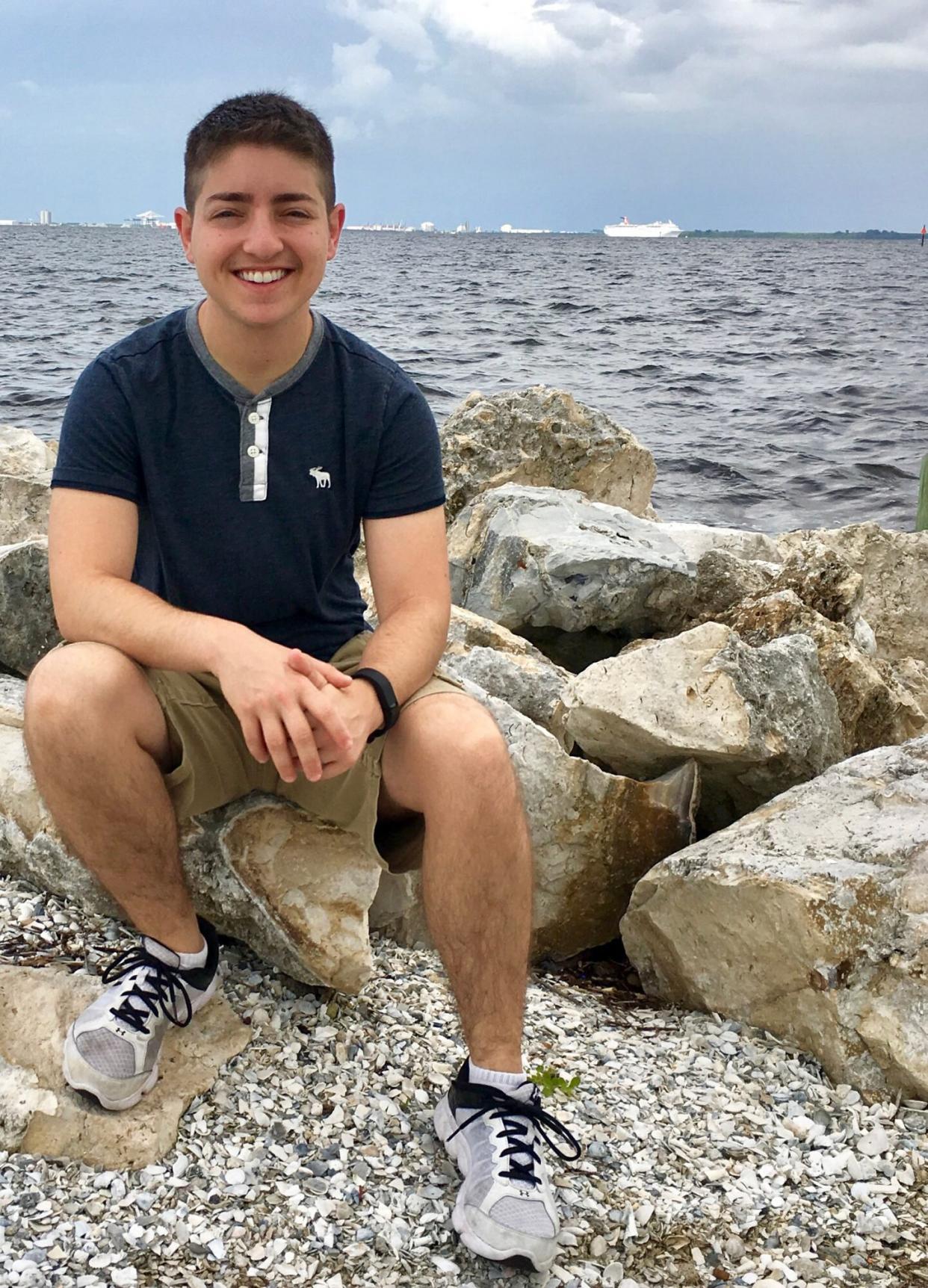Here's What It's Like To Be Trans in the Military Right Now

Courtesy Andrew Chester
Growing up in the suburbs of Chicago, I knew very few people that were in the military. I never gave it much thought until college. And when I was a senior, I started doing some research, and I discovered that I had a desire to do my part in the service.
Since I was never a great swimmer, I quickly disregarded the Navy. And then it was either the Army, Marines, or Air Force. And the Air Force just seemed like the best fit. So I enlisted at 23 and became an Air Force management operations supervisor, which basically means I track all of the flights that come in and out of our base as well as oversee everything that happens on the actual airfield.
I was in the military for a couple of years when I came out as transgender. First, I told my family and they were extremely accepting. I mostly expected that, but at the same time, you never know what the reaction will be.
About a month later, when I decided that I would medically transition from female to male, I told my coworkers. I thought that they needed to know. It was still a hard thing to come out and say, so I started with a few people that were ranked above me, and then one of them helped me tell the rest of my shop.
I started the transition process about nine months ago, but I don’t think you’re ever really completely finished. I think of it as more of a journey. A couple of my co-workers told me that they outright supported me up front, and I felt really good about that. But mostly, people still feel uncomfortable with the subject, so they don’t really say anything about it to me.
Most of the time, it’s just work as normal. I think that’s because before my transition, my coworkers knew me and respected me. And when I came out, they still respected me.
I’m working the night shift right now, so when [President Trump’s] tweets came out about the ban, I was still asleep. But my phone kept going off, so that’s how I found out initially. Shock is how I would sum up my reaction. I personally disagree with the ban. I also don’t know what is going to happen to my role in the military, so I’m feeling anxious about the future right now.
RELATED: "I May Never Be In Uniform Again": A Trans Former Navy Pilot Speaks Out
I am an airman first, so ultimately my goal is to just go to work and do my job to the best of my ability every day. However, I personally don’t believe the cost of care qualifies us—the trans community—as a burden to the military. There are so many skilled crewmembers, drill sergeants, special operators, and more, that are trans.
And there are still many misconceptions too. Some people think that the transition process makes us completely non-deployable for years, which is also untrue. When someone sprains their ankle or breaks their arm, they’re obviously not going to be deployed for a while to account for the healing process. A trans person who’s approved for surgery is going to be non-deployable but only for a short amount of time too. And others elect to not have the surgery at all, which means they’re deployable throughout the entire transition process.
We’re plenty capable of doing our jobs and doing it well. Identifying as trans has zero impact on our ability to carry that out.
—As told to Jennifer Ferrise

